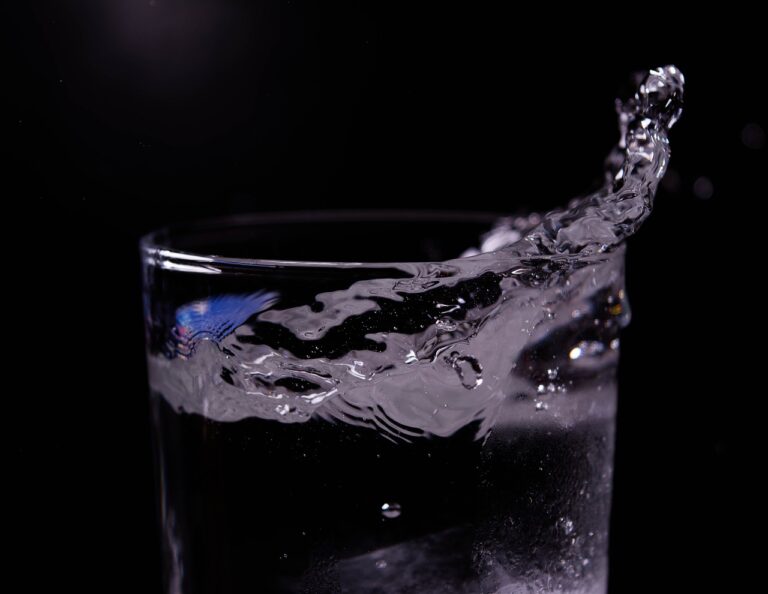How to Treat and Prevent Acne Scars
all panel mahadev, lotusbhai, allpaanel. com login:Acne is a common skin condition that affects millions of people worldwide. While dealing with active acne can be frustrating enough, dealing with the aftermath of acne scars can be equally challenging. Acne scars not only affect our physical appearance but can also have a significant impact on our self-esteem and confidence. However, there are ways to treat and prevent acne scars effectively.
1. Understanding Acne Scars:
Before we dive into treating and preventing acne scars, it’s essential to understand what they are. Acne scars are the result of inflammation within the dermis caused by acne. When acne lesions such as pimples or cysts break, the body produces collagen to repair the damage. In some cases, the body produces too much collagen, leading to raised scars (keloids), while in other cases, too little collagen is produced, resulting in depressed scars.
2. Treat Acne Early:
One of the best ways to prevent acne scars is to treat acne early and effectively. By managing your acne symptoms promptly, you can minimize inflammation and reduce the risk of scarring. Consult a dermatologist for a personalized treatment plan that suits your skin type and severity of acne.
3. Avoid Picking and Squeezing:
It can be tempting to pick or squeeze acne lesions to speed up the healing process. However, this can worsen inflammation, break the skin, and increase the risk of scarring. Avoid touching your face excessively and refrain from picking or squeezing pimples.
4. Protect Your Skin:
Sun exposure can worsen the appearance of acne scars and cause them to darken. Protect your skin from harmful UV rays by applying sunscreen with at least SPF 30 daily. Wearing a broad-brimmed hat and seeking shade when outdoors can also help prevent further damage to your skin.
5. Use Topical Treatments:
There are various topical treatments available over-the-counter or through prescription that can help improve the appearance of acne scars. Ingredients such as retinoids, vitamin C, niacinamide, and alpha hydroxy acids can promote cell turnover, stimulate collagen production, and fade discoloration.
6. Professional Treatments:
In more severe cases of acne scars, professional treatments may be necessary to achieve significant improvement. Procedures such as chemical peels, microdermabrasion, laser therapy, dermabrasion, and microneedling can help resurface the skin, stimulate collagen production, and reduce the appearance of scars.
7. Be Patient:
Treating acne scars takes time and consistency. Results may not be immediate, and it may take several weeks to months before you notice a significant difference in the appearance of your skin. Be patient and consistent with your skincare routine to achieve the best results.
8. Stay Hydrated and Eat a Balanced Diet:
Maintaining good overall health can also benefit your skin’s appearance. Drink plenty of water to stay hydrated, which can help improve skin elasticity and texture. Eating a balanced diet rich in fruits, vegetables, lean proteins, and healthy fats can provide your skin with essential nutrients for healing and regeneration.
9. Manage Stress:
Stress can exacerbate acne breakouts and hinder the healing process of acne scars. Practice stress-reducing techniques such as meditation, yoga, deep breathing exercises, or engaging in activities you enjoy to help manage stress levels and promote overall well-being.
FAQs:
Q: Can acne scars be completely removed?
A: While it may be challenging to completely remove acne scars, significant improvement in their appearance is possible through various treatments and procedures. Consult a dermatologist to determine the best approach for your specific type of acne scars.
Q: Are acne scars permanent?
A: Acne scars can be permanent, but with the right treatment and skincare routine, their appearance can be significantly reduced. Consistency and patience are key when it comes to addressing acne scars effectively.
Q: Can over-the-counter products help with acne scars?
A: Over-the-counter products containing ingredients such as retinoids, vitamin C, niacinamide, and alpha hydroxy acids can help improve the appearance of acne scars. However, for more severe scarring, professional treatments may be necessary.
In conclusion, treating and preventing acne scars requires a combination of skincare, lifestyle changes, and professional interventions. By understanding the causes of acne scars and implementing the right strategies, you can improve the appearance of your skin and boost your confidence. Remember to be patient, consistent, and consult a dermatologist for personalized advice and treatment options.







